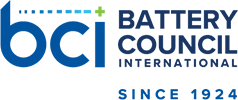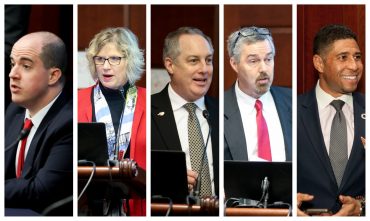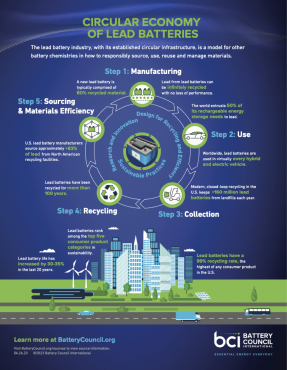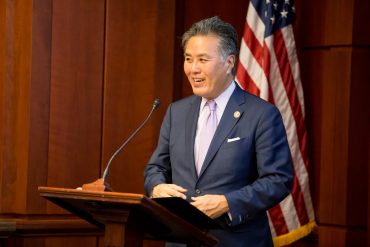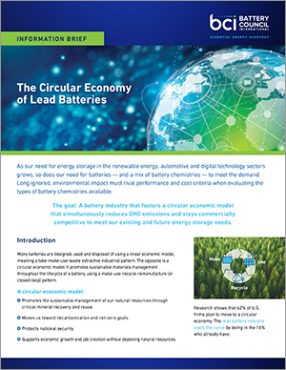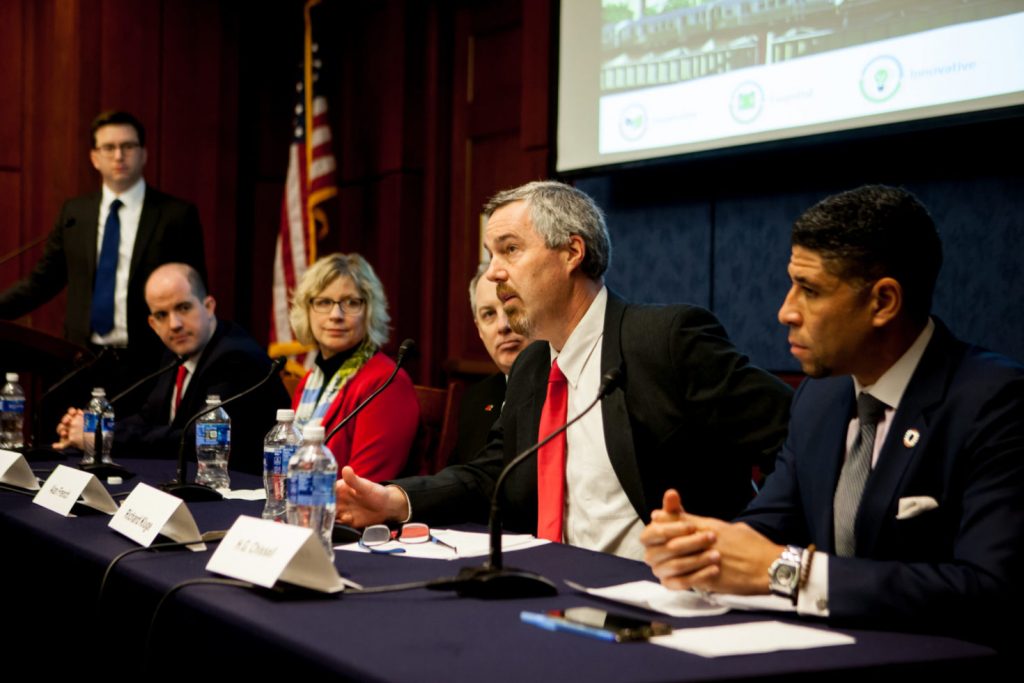
Energy Storage Briefing: Applications for Electrification, Grid Resiliency and Climate Change Mitigation
Essential Energy Everyday and Battery Council International (BCI) returned to Capitol Hill on February 12, 2020, for a timely discussion on the latest research and practical applications of lead batteries to meet multiple energy storage needs. This second annual event coincides with the build-up to National Battery Day on February 18, a time to recognize the essentiality of all battery chemistries.
The subject manner experts (see bios below) shared:
- Innovative research on improving the performance of lead batteries to meet electrification needs
- How advanced lead batteries are helping to mitigate climate change through EVs and EV charging stations, start-stop technology, and wind and solar energy storage
- The role of lead batteries in boosting grid resiliency and safe-guarding critical telecommunications and data center operations
- How safety and reliability rules for various battery chemistries are established
The panel also addressed how the U.S. lead battery industry is a model for sustainable energy storage. An established coast-to-coast infrastructure recycles 99% of all lead batteries, creating a use-reuse-remanufacture model that forms a near-perfect circular economy. Furthermore, this reliance on domestically sourced materials reduces trade and national security concerns.
Watch the Full Event:
Panel Members and their Presentations:
Matthew Raiford, Ph.D., Manager Consortium for Battery Innovation
Topic: With millions of cars and trucks on U.S. highways, it’s important vehicles be reliable and environmentally sound. Start-stop technology, enabled by lead batteries, is helping by eliminating 4.5 million tons of GHG emissions each year in the U.S. Matt will discuss current
research to further improve battery performance.
Angela Rolufs, VP Strategic Energy Initiatives Paragon Business Solutions, Inc.
Topic: The boundless mobility of our society and its move to electrification challenge drivers who experience “range anxiety” and grid managers who want to avoid demand surges. Angela will discuss a project she is leading that explores how battery energy storage can help mitigate the power demand fluctuations and costs
associated with EV fast charging stations.
Alan French, VP of Engineering QTS Data Centers 
Topic: California wildfires and rolling blackouts have caused thousands of people, including emergency personnel, and critical services to lose access to communications, contributing to loss of life. Our economy is increasingly reliant on data and telecommunication centers. Alan will explain challenges and solutions to meeting the increasing demand.
Richard Kluge, Director, Network Infrastructure Systems, Ericsson, Inc. 
Topic: The standards and codes for battery chemistries should differ by chemistry type and application. Richard will discuss the expertise he provides to the telecommunications industry and standard-setting bodies to ensure battery systems deliver as expected, in a safe and reliable manner.
H.G. Chissell, Founder/CEO Advanced Energy Agency (AEA) and Advanced Energy Group (AEG) 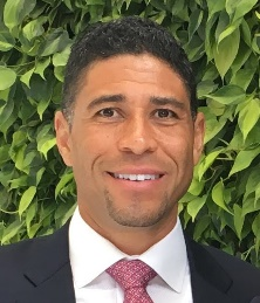
Topic: As cities adopt year 2050 decarbonization goals, there’s growing need for diverse stakeholder groups to cooperate and expedite energy transformation. H.G. will share his experience driving productive dialogue to deliver steady progress.
Moderator
Roger Miksad, Senior VP/General Counsel Battery Council International 
Roger Miksad is a key member of Battery Council International’s (BCI) strategic management team, where he leads BCI’s regulatory and legislative efforts on environmental, health and safety, and other matters. He also serves as a spokesperson for the lead battery industry. Before joining BCI, he was a partner in the law firm of
Wiley Rein, based in Washington, D.C.
